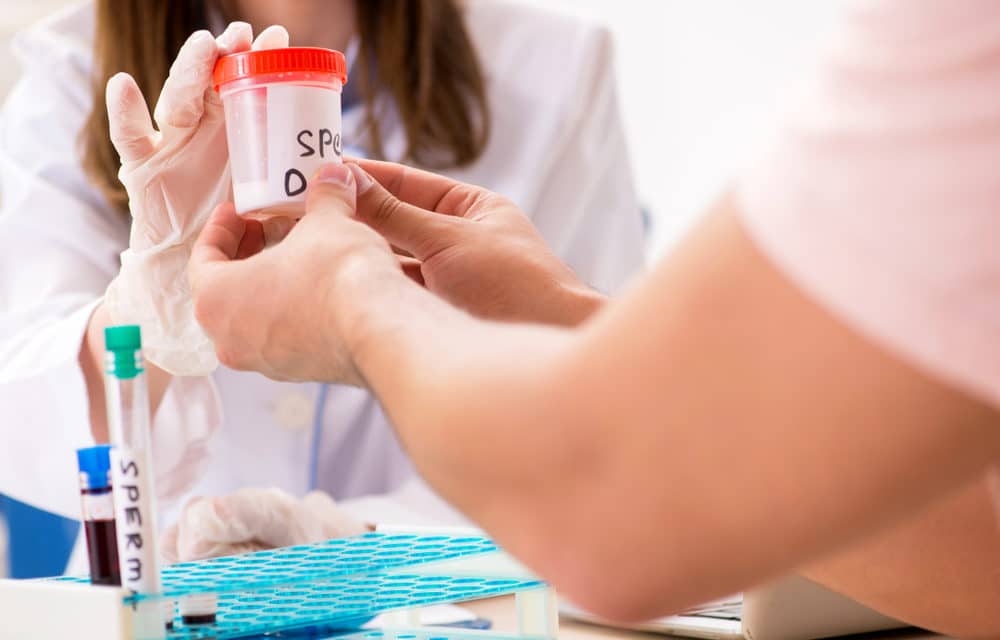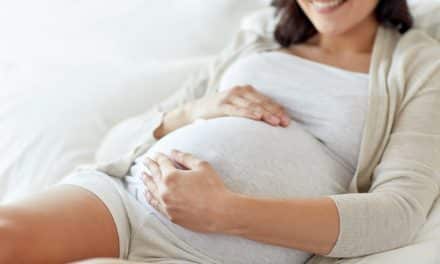If you want to become a mother and you need to undergo a fertility treatment with donor sperm, you will certainly be very interested in knowing how donors are chosen and what you can and cannot know about them. In Europe, there are sperm banks that can be accessed online to choose a donor. Some women order a sample and simply perform the intra-uterine insemination (IUI) themselves at home.
In these online banks, donations can be anonymous or not. However, in Spain, donations must be anonymous by law. Furthermore, carrying out an IUI at home does not guarantee adequate sanitary control and you cannot check if the sample is in proper condition or if you handled it properly.
On the other hand, if you take care of everything by yourself, there is no way to know if there is any genetic compatibility problem, unless you have undergone a specific genetic test and the bank has taken your results into consideration when selecting a donor. Finally, you should know that the success rate of home IUIs is low. Therefore, it is best to find a qualified specialist you can trust, especially to ensure that the process is carried out correctly and to increase your chances of success.
In this post, Marta Ballester, head of the Andrology Laboratory at Dexeus Mujer answers some questions on this subject.
Sperm donation is essential if you do not have a partner or if your partner is a woman. But if you have a male partner, when it is advisable?
When your partner’s sperm quality is not sufficient or when no spermatozoa at all are detected in his ejaculate or testicular biopsy (azoospermia). There are also other reasons for using donor sperm, such as: failure to achieve a pregnancy after several IVF attempts, or if your partner is a carrier of a genetic disease whose transmission cannot be avoided by applying Preimplantation Genetic Testing or PGT (this technique allows to analyse the embryos obtained by in vitro fertilisation and to select those that are not carriers of the disease in question.
What are the requirements to be a sperm donor?
In Spain, donors must be between 18 and 45 years old (the age limit varies for each country). Sperm donors must be in good mental and physical health and must not have any serious hereditary or genetic disease, or any infectious disease that could be transmitted to your child. It is also important to know the donors’ family history so that the sperm bank can make a thorough selection.
What are the tests carried out to check that the donor meets the requirements?
Apart from the analysis of their sperm’s quality, donors undergo a physical and psychological evaluation and a study of their personal and family history. It is also important to carry out a urine analysis and a blood screening to assess their state of health and to know their blood group and Rh. Other tests carried out in the blood screening include a serology to detect possible sexually transmitted diseases (hepatitis, HIV, syphilis, etc.). As for genetic tests, a karyotype is carried out to assess whether the number and structure of their chromosomes is correct. In addition, at our centre we ask the bank that donors undergo a test to check if they are carriers of recessive genetic diseases. The results of this test will help make an appropriate selection of the donor considering not only his physical characteristics but also genetic suitability and thus reducing the risk that your child may inherit any of the diseases that are analysed in this test.
How is the selection made so as to choose the most suitable donor?
At our centre, we work with external sperm banks. It is the bank that assigns a sperm donor seeking maximum phenotypic similarity (external physical features: ethnicity, hair colour, eye colour, height, body mass index) and immunological similarity based on the information provided by the recipient.
What can I know about him?
In Spain, the law requires that donations be anonymous and, therefore, your donor’s identity must also be anonymous. But you can have information about the elements that are taken into account in the selection process. In our country, specialists who select sperm samples do not know the identity of the donors either. The law states that, exceptionally, “in situations that involve a danger to the life or health of the child, the donor’s identity may be revealed, provided that it is essential to avoid said danger”. Even then, the information will always be “restricted” to the medical field.
Can donors know how many children have been conceived through their donations?
The current legislation in our country establishes that the maximum number of children born in Spain from the gametes of one single donor is six. For this reason, donors must declare each time they donate whether they have made previous donations, as well as the conditions of these donations, such as the date and the centre where they made them. In fact, an official register has been created to be able to check this information. The law also establishes that children have the right to obtain general information regarding their sperm donors that does not include their identity, either on their own behalf or on behalf of their legal representatives.
What are the advantages of undergoing your treatment in a fertility centre?
Firstly, you have the guarantee that the treatment is carried out under medical supervision and in appropriate sanitary conditions — provided that the centre is accredited —, and that the sperm sample is in perfect condition and meets quality requirements. There is also greater control over the entire process and the traceability of the sample, in case any irregularity is detected, which gives you greater security and confidence. In addition, as mentioned previously, there is now an official national registry that allows you to monitor and increase control over donations and children born from them.
If I would like to have another child from the same donor, can I request a sample of his sperm?
A sperm sample cannot be set aside for a specific patient. It is true that donors can make several donations, but we cannot know in advance how or by whom the samples will be used.
Did you find this information useful? At our centre, we do not collect sperm samples from donors; instead, we order them from accredited sperm banks. If you would like more information on this matter, or if you have any further questions, you can check our website or send us your comments.














